- News
- Reviews
- Bikes
- Accessories
- Accessories - misc
- Computer mounts
- Bags
- Bar ends
- Bike bags & cases
- Bottle cages
- Bottles
- Cameras
- Car racks
- Child seats
- Computers
- Glasses
- GPS units
- Helmets
- Lights - front
- Lights - rear
- Lights - sets
- Locks
- Mirrors
- Mudguards
- Racks
- Pumps & CO2 inflators
- Puncture kits
- Reflectives
- Smart watches
- Stands and racks
- Trailers
- Clothing
- Components
- Bar tape & grips
- Bottom brackets
- Brake & gear cables
- Brake & STI levers
- Brake pads & spares
- Brakes
- Cassettes & freewheels
- Chains
- Chainsets & chainrings
- Derailleurs - front
- Derailleurs - rear
- Forks
- Gear levers & shifters
- Groupsets
- Handlebars & extensions
- Headsets
- Hubs
- Inner tubes
- Pedals
- Quick releases & skewers
- Saddles
- Seatposts
- Stems
- Wheels
- Tyres
- Health, fitness and nutrition
- Tools and workshop
- Miscellaneous
- Cross country mountain bikes
- Tubeless valves
- Buyers Guides
- Features
- Forum
- Recommends
- Podcast
review
£64.99
VERDICT:
Well-designed lamp with sensible settings and scope beyond the suburbs
Weight:
163g
Contact:
At road.cc every product is thoroughly tested for as long as it takes to get a proper insight into how well it works. Our reviewers are experienced cyclists that we trust to be objective. While we strive to ensure that opinions expressed are backed up by facts, reviews are by their nature an informed opinion, not a definitive verdict. We don't intentionally try to break anything (except locks) but we do try to look for weak points in any design. The overall score is not just an average of the other scores: it reflects both a product's function and value – with value determined by how a product compares with items of similar spec, quality, and price.
What the road.cc scores meanGood scores are more common than bad, because fortunately good products are more common than bad.
- Exceptional
- Excellent
- Very Good
- Good
- Quite good
- Average
- Not so good
- Poor
- Bad
- Appalling
The Kryptonite Alley F-650 pumps out sufficient bite for the backroads for a decent time. It also has a raft of sensible settings for town and around.
- Pros: Potent enough for unlit roads, sturdy design, good run-times
- Cons: Lower settings could be a touch higher
The outer shell is resin, the cowling cum heat sink CNC machined aluminium with cutouts. Both materials feel really solid, especially compared with others at this end of the market. The stealthy grey finish has an industrial beauty and has shrugged at accidental drops onto concrete floors.
> Find your nearest dealer here
Behind the collimator lens we have a single diode fuelled by a rechargeable lithium-ion battery. This refuels via the standard android pattern port, which sits just behind the cowling, tucked out of moisture's way. Talking of which, I've given ours provocative blasts from the garden hose and left it in situ following sudsy bucket washes and it hasn't missed a beat.
Back up top, we have a sensibly proportioned and very positive switch cum charge indicator. The latter is more refined than, for example, the Xeccon Spear 900 in that it uses the more detailed 'traffic light' overview, rather than flicking from green to red. Either way, as I discovered on my first few backroad blasts, there's a fair bit of notice before reserves really start dwindling.
Charge times are pretty favourable, at least by genre standards. Often, we're talking four, sometimes five hours, but here we have a much more convenient, office-practical two-hour mains charge, zero to hero.
Bracket
This is also very sturdy, with a slightly industrial flavour. Pull the serrated strap tight and the grip around standard and oversized diameters is positively vice-like. Attaching the light is simply a question of depressing a sprung button, while pressing the other channel firmly into the bracket. This may take a few attempts to perfect, especially if you've come from wraparound doughnut/watch strap designs. I've been inclined to take the whole lot with me when parking up in the street.
Performance
Powering up requires a sustained two-second press, so you'd be seriously unlucky to find it engaging in the bottom of a bag.
There are six modes: three constant, three flashing (well, two pulsing, one flashing, being pedantic). A single prod is all you need to change selection. There's also a memory function, which is very convenient.
The highest steady mode is 650 lumens, next 325 and the lowest 100. Then we have a 650-lumen daytime pulse, a nighttime pulse, cited as 100/300 lumens, and a 100-lumen eco-flash, which is reckoned good for 26 hours. It's probably not something you'd use very often but definitely welcome should you get caught out and need something to limp home by.
As I've come to expect from these commuter-plus models, it combines flood and spot beams. While lacking the purity of a 600/700-lumen trail type model, the flood gives plenty of presence in the seen with sense, while the spot allows you to pick out the detail and, theoretically, hammer along.
The lowest steady (100 lumens) is adequate for well-lit city streets, though I've tended to pair it to blinkies of varying capacities, since the side windows don't give much peripheral punch in this setting. These windows tend to get hidden by lever hoods, unless you are using a relatively long handlebar extension bracket. It's less of an issue on a more traditional flat bar build. Frugality is this setting's trump card – I've managed nigh-on the 12 hours cited.
Some might argue that medium (325 lumens) is a little overpowered for suburban duties but I've found its additional punch very useful, especially around dusk. Other traffic seemed alert to it at the 100 metre mark, and while a little underpowered for semi-rural speed-work, I've been able to hustle along at 18mph or so. It's great if you're needing to conserve some juice, giving, save for a few minutes, four hours.
Unleashing the full 650 rewards with a really useful pool of light. Unlike some others of comparable output, the centre spot's purity means deserted, unlit backroads are well within its comfort zone. I've been able to whizz along at 22-23mph on the flat and tackle 1-in-7 descents at 28mph without squinting. And provided you've angled the beam sensibly, there's no need to dip for oncoming traffic.
I was a touch perturbed to find the charge life indicator clicking to amber after 35 minutes but there's been no drop-off right up to 1hr 57mins, which is pretty much the 2 hours claimed.
> Buyer's Guide: The best 2017/2018 front lights for cycling
The 650-lumen daylight pulse is incredibly potent, literally brilliant for very murky mornings and reckoned good to around 250m, maybe 300m, but I'd say overkill for general grey/overcast conditions.
I've found its 100/300-lumen nighttime counterpart setting much better for day riding and very useful in built-up areas, where it's about being seen rather than seeing with. A run-time of 9hrs 55mins from a full charge is pretty good going too.
Finally, the 100-lumen eco flash is quite perky, but its main draw is economy: a great bail-out in those instances where you've been out longer than planned, are running low on juice and need something to limp home on.
Conclusion
I've really enjoyed using Kryptonite's Alley. Getting a system that will deliver in all contexts without too much compromise is difficult. In keeping with competitor models, such as Moon's LX760, they're meant for moderate backroad detours. If unlit roads are your primary stomping ground you'd ideally look towards bigger numbers both in terms of output and price.
Personally, I would prefer a little more bite, say a 400-lumen medium and 150-lumen low, but otherwise it covers most bases handsomely and the run-times are more practical than many boasting similar numbers.
Verdict
Well-designed lamp with sensible settings and scope beyond the suburbs
road.cc test report
Make and model: Kryptonite Alley F-650
Size tested: 650 Lumen
Tell us what the light is for, and who it's aimed at. What do the manufacturers say about it? How does that compare to your own feelings about it?
Save for describing it as a street light, Kryptonite clearly feels the specification does the talking. My feelings are that it's a solidly built torch type lamp with enough bite and settings for more adventurous commutes/training rides.
Tell us some more about the technical aspects of the light?
Kryptonite lists:
* Modes include HIGH STEADY, MEDIUM STEADY, LOW STEADY, DAYTIME PULSE, NIGHTTIME PULSE and ECONOMIC FLASH
* FULLY USB RECHARGEABLE '' No batteries to buy or replace
* Run time up to 26 HOURS
Mode Run Time (Hrs) Lumens
High Steady 2 650
Medium Steady 4 325
Low Steady 12 100
DayTime Pulse 8 650
NightTime Pulse 10 100/300
Economic Flash 26 100
Rate the light for quality of construction:
8/10
Solid, especially for this end of the market.
Rate the light for design and ease of use. How simple was the light to use?
8/10
Light itself is very user friendly.
Rate the light for the design and usability of the clamping system/s
7/10
Very secure and well engineered but removal re/fitment takes a little practice before becoming second nature; it's less intuitive/convenient than a hinged clamp, or those tethering to bars via rubber o-rings.
Rate the light for waterproofing. How did it stand up to the elements?
8/10
Very good in the everyday sense.
Rate the light for battery life. How long did it last? How long did it take to recharge?
7/10
Sensible run-times in all modes. Charge times are similarly practical.
Rate the light for performance:
7/10
Accepting there are some trade-offs in terms of burn-time, the highest setting is much brighter than 650 lumens would suggest.
Rate the light for durability:
8/10
Feels particularly solid compared with others at this end of the market.
Rate the light for weight:
7/10
Rate the light for value:
8/10
Tell us how the light performed overall when used for its designed purpose
Overall, I've been pleasantly surprised by the Alley F-650. Although the output and beam quality don't compare with a trail-specific model boasting similar numbers, it seems genuinely brighter than many torch-type competitors. Bracket is super-dependable, which also helps when tackling unlit lanes at reasonable speed. Run-times are sensible, long enough when fully juiced for a bit of back road fun and with sufficiently frugal alternatives for semi-rural, suburban and town duties.
Tell us what you particularly liked about the light
Build quality, good output, generally sensible run-times.
Tell us what you particularly disliked about the light
Nothing glaringly obvious, although it quickly becomes hot, especially in the higher settings.
Did you enjoy using the light? Yes
Would you consider buying the light? Yes
Would you recommend the light to a friend? Well worth a closer look.
Use this box to explain your score
I think it deserves an 8 for its sensible range of settings and good build quality.
About the tester
Age: 44
I usually ride: Rough Stuff Tourer Based around 4130 Univega mtb Frameset My best bike is: 1955 Holdsworth Road Path and several others including cross & traditional road
I've been riding for: Over 20 years I ride: Most days I would class myself as: Experienced
I regularly do the following types of riding: cyclo-cross, commuting, touring, fixed/singlespeed, mountain biking
Shaun Audane is a freelance writer/product tester with over twenty-eight years riding experience, the last twelve (120,000 miles) spent putting bikes and kit through their paces for a variety of publications. Previous generations of his family worked at manufacturing's sharp end, thus Shaun can weld, has a sound understanding of frame building practice and a preference for steel or titanium framesets.
Citing Richard Ballantine and an Au pair as his earliest cycling influences, he is presently writing a cycling book with particular focus upon women, families and disabled audiences (Having been a registered care manager and coached children at Herne Hill Velodrome in earlier careers)


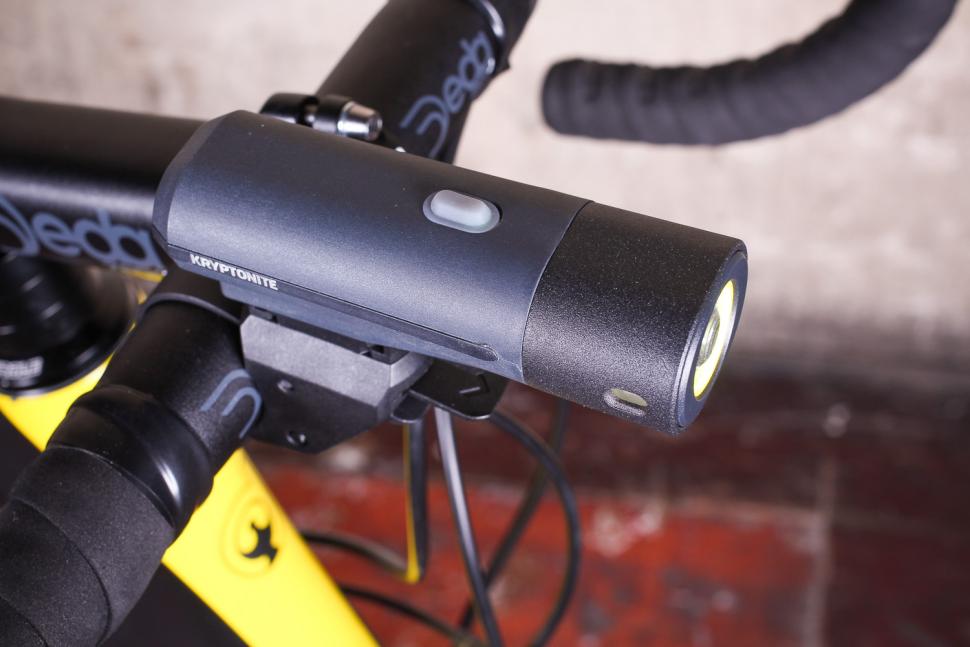
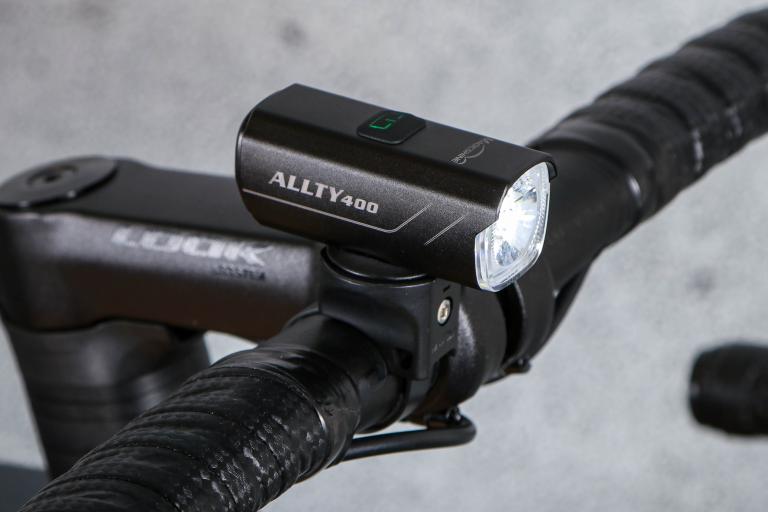
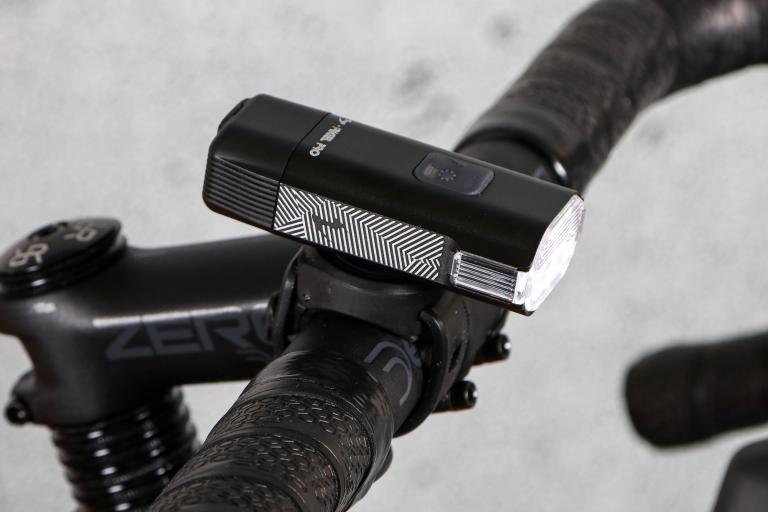
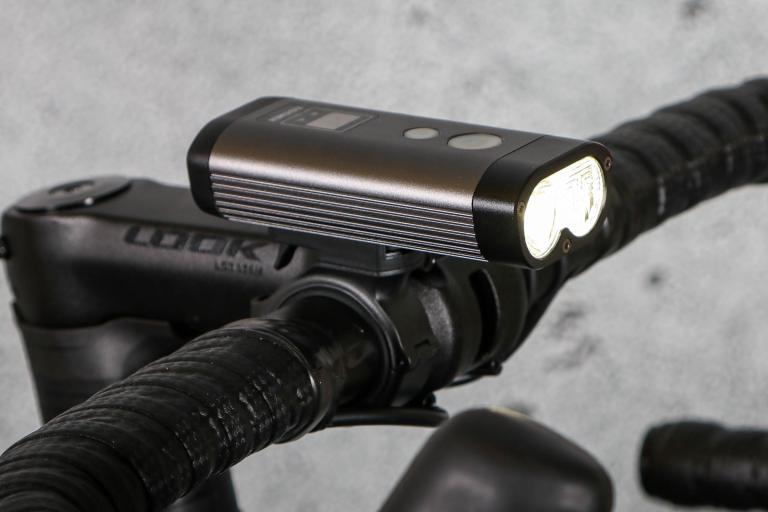
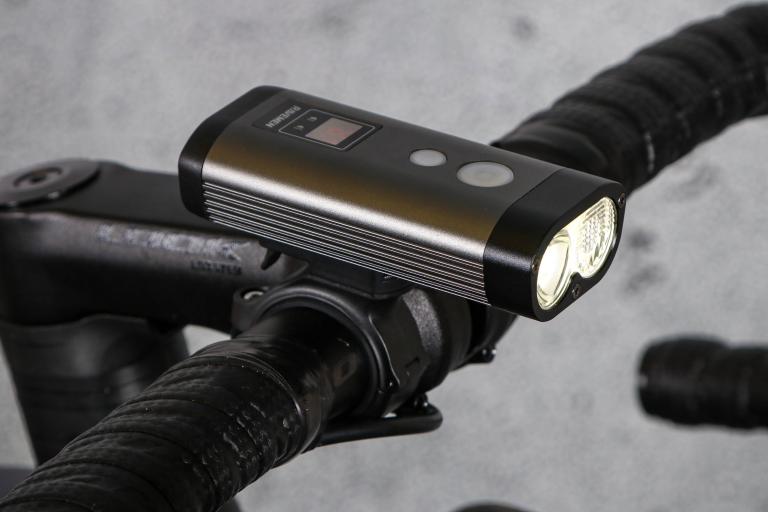
It seems to me that the most likely explanation is that whoever provided that quote fails to grasp the difference between a "public right of way"...
That article is far too kind to Moses. I highly recommend reading The Death and Life of Great American Cities. Despite the title, it applies to...
Curious as to why not? I can understand people's concerns about hookless, I was just wondering why you wouldn't buy hooked?
Unpopular opinion - I think the information available when this story was first written up was pretty sketchy....
Hub brakes have their own trade-offs. I actually liked the one I had for its particular application - in a "utility" bike where I didn't care...
Given that every other lime bike I see on my 1/week commute into london appears to have its rear light hanging off by the cable rather than mounted...
Go for it Pogi! I will be in the velodrome on 13th April and it would be fantastic to see him arrive.
Indeed but he's a can't. Can't be arsed to tell the truth, can't be arsed to build new Hospitals and can't be arsed to do anything for anyone save...
What wokery is this? I thought those tech-bros were there to save us from the "mind virus"?
Opposition to controversial East Bristol Liveable Neighbourhood ‘will filter away’ say council bosses...